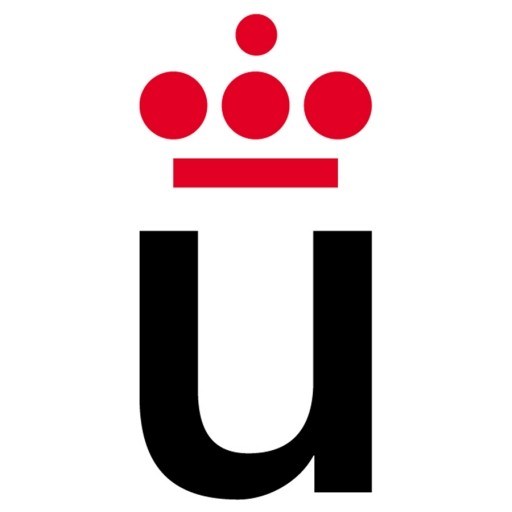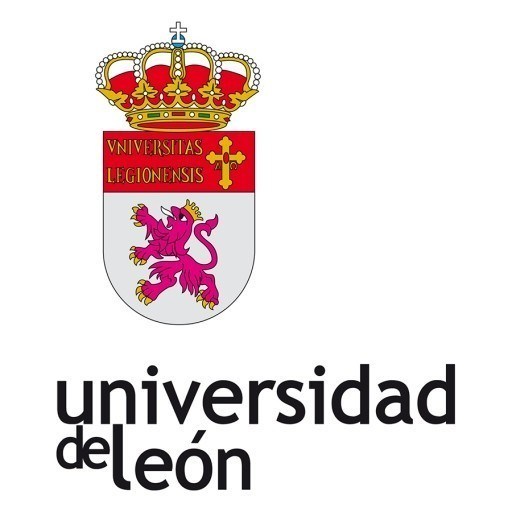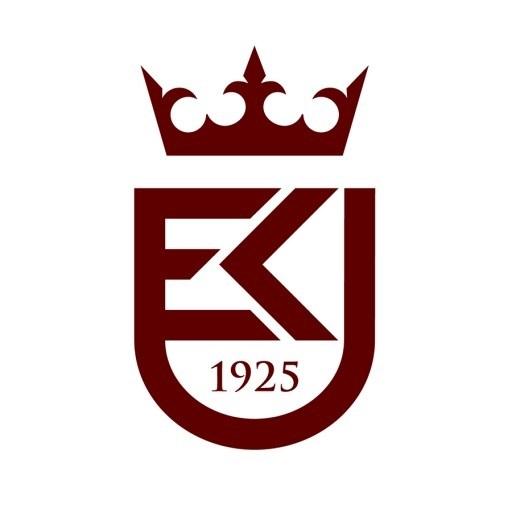The Economics of the Austrian School program at King Juan Carlos University offers a comprehensive and rigorously analytical education rooted in the fundamental principles of Austrian economic theory. This interdisciplinary program is designed to equip students with a deep understanding of market dynamics, monetary theory, entrepreneurship, and the role of government intervention from a classical liberal perspective. Emphasizing individual choice, subjective value, and spontaneous order, the program provides a distinctive approach to economic analysis that differentiates it from mainstream economic paradigms. Students will explore core topics such as praxeology, the business cycle, economic calculation, and the role of interest rates, complementing these with practical applications in policy-making and business strategy. Through a combination of lectures, seminars, and independent research, learners will develop critical thinking skills necessary to analyze complex economic phenomena and assess various economic policies. The curriculum encourages the study of historical economic thought, highlighting contributions from key Austrian figures like Ludwig von Mises, Friedrich Hayek, and Eugen Böhm von Bawerk. Additionally, the program fosters an understanding of the criticisms of Keynesian and neoclassical approaches, promoting alternative perspectives grounded in maximization of individual freedom and voluntary exchanges. Graduates of this program will be prepared for careers in economic consulting, financial analysis, policy advisory roles, or further academic research. The program also emphasizes ethical considerations in economic decision-making and promotes the application of Austrian principles to contemporary issues such as monetary stability, economic crises, and the regulation of markets. By studying at King Juan Carlos University, students will benefit from a global perspective while engaging with a curriculum tailored to those interested in a distinctive school of economic thought that challenges mainstream economics and advocates for a free-market approach. Whether pursuing careers in academia, public policy, or the private sector, graduates will leave with the analytical tools and theoretical foundation necessary to influence economic discourse and promote sustainable economic development based on Austrian principles.
The Economics of the Austrian School program at King Juan Carlos University offers a comprehensive exploration of economic theories and principles rooted in the Austrian School tradition. This program provides students with a deep understanding of the fundamental concepts of economics, including the nature of economic activity, market processes, and human action. Emphasizing methodological individualism, the program examines how individual choices and preferences shape economic phenomena, fostering critical thinking about market mechanisms and policy implications.
Students will delve into key Austrian School theories such as subjective value, marginal utility, and the importance of entrepreneurship and innovation in driving economic growth. The curriculum explores the role of price signals and the functioning of free markets in resource allocation, contrasting these with alternative economic models. Additionally, the program addresses monetary theory and policy, emphasizing the impact of central banking and inflation on economic stability. Through case studies and historical analysis, students will learn about real-world applications of Austrian economics, including insights into financial crises and economic cycles.
The program also underscores ethical considerations and the philosophical underpinnings of the Austrian approach, promoting an understanding of individual freedom and spontaneous order as core principles. Courses encourage critical debate and original research, equipping students with analytical skills to evaluate economic policies critically. Graduates will be prepared for careers in academia, research, policy analysis, or entrepreneurial ventures, with a solid foundation in Austrian economic thought and its practical applications. By the end of the program, students will have a nuanced perspective on economic issues, inspired by the Austrian School’s emphasis on liberty, entrepreneurship, and the dynamic nature of markets.
The Economics of the Austrian School program at King Juan Carlos University requires students to complete a comprehensive curriculum that emphasizes the core principles and methodologies associated with the Austrian School of Economics. Prospective students must hold a high school diploma or an equivalent qualification, demonstrating a strong foundation in mathematics, social sciences, and critical thinking skills. The program is designed to provide an in-depth understanding of economic theories from a classical liberal perspective, focusing on individual choice, free markets, and spontaneous order.
Students are required to complete a set of compulsory courses, including Principles of Economics, Microeconomics, Macroeconomics, History of Economic Thought, and Economic Methodology. In addition to these core courses, students must enroll in specialized electives such as Monetary Theory, Business Cycles, Entrepreneurship, and Austrian School Thinkers. To promote practical application of theoretical knowledge, the program includes seminars, workshops, and case studies centered on real-world economic issues.
Participation in the program also entails a research project or thesis, which encourages students to analyze economic phenomena through the lens of Austrian economics, utilizing qualitative and quantitative methods. The program mandates a minimum of 180 ECTS credits to ensure students acquire a solid academic foundation while allowing room for further specialization. Language proficiency in English is essential, as some courses are offered in English to enhance international competitiveness and facilitate access to global economic discourse.
Moreover, students are expected to engage in internship placements or collaborate with faculty on ongoing research initiatives, fostering practical skills and academic development. To graduate, candidates must achieve a satisfactory grade point average, typically around 75% or higher, and pass all required examinations. The program also advocates for continuous assessment through essays, presentations, and participation in discussions, ensuring active engagement with the material. Overall, this demanding program prepares graduates to contribute effectively to research, policy-making, and consultancy roles within the framework of Austrian economic thought.
Financing of the Economics of the Austrian School program at King Juan Carlos University is primarily supported through a combination of public funding, tuition fees, research grants, and private sponsorships. As a public university in Spain, King Juan Carlos University benefits from national and regional government allocations aimed at promoting higher education and research initiatives, which help to cover faculty salaries, infrastructure, and academic resources essential for delivering quality education in economics. Tuition fees for the program are set in accordance with the university's regulations, with differentiated rates for domestic and international students, ensuring accessibility and sustainability of the program. Additionally, the university actively seeks research grants from national agencies such as the Spanish Ministry of Science and Innovation, as well as European Union funding programs, to support advanced research projects and faculty development. Private sponsorships and partnerships with economic think tanks, financial institutions, and industry stakeholders also contribute to the program's financial stability by funding seminars, workshops, and scholarships for talented students. The university encourages student participation in research projects and conferences, often providing financial assistance to attend international events, thus fostering a robust academic community. Moreover, scholarships based on merit or need are available to assist qualified students with tuition payments, further promoting economic diversity within the student body. The program's financial planning aims to ensure continuous improvement in curriculum quality, faculty expertise, and research output, positioning the program as a competitive and accessible option for students interested in studying the Austrian School of Economics. Overall, the financing structure reflects a balanced approach combining public support, research funding, and private collaborations to sustain an academically rigorous and economically sustainable program dedicated to the principles of the Austrian School of Economics.
The Economics of the Austrian School program at King Juan Carlos University offers a comprehensive exploration of economic theories rooted in the Austrian tradition. This program emphasizes the importance of individual decision-making, subjective value, and the dynamic nature of markets, providing students with a distinctive perspective compared to mainstream economic approaches. The curriculum covers key concepts such as praxeology, the theory of marginal utility, and the role of entrepreneurial action in economic development. Students will engage in rigorous analysis of monetary theory, business cycles, and regulatory impacts, often contrasting Austrian views with other schools of thought to foster a well-rounded understanding.
Throughout the course, emphasis is placed on critical thinking and practical application of Austrian principles, encouraging students to evaluate contemporary economic policies and their real-world effects. The program also includes historical case studies illustrating the application and implications of Austrian Economics in different contexts. Educational activities combine lectures, seminars, and independent research to develop analytical skills and deepen understanding of Austrian methodology.
Graduates of this program will be equipped to analyze economic phenomena from a perspective that prioritizes individual liberty, free markets, and the importance of spontaneous order. Career opportunities may include roles in research, policy analysis, financial consulting, and academia, particularly in areas where Austrian insights can illuminate market functioning or inform policy debates. The program aims to cultivate a new generation of economists who value empirical rigor, theoretical coherence, and the importance of encouraging free enterprise for societal prosperity.









